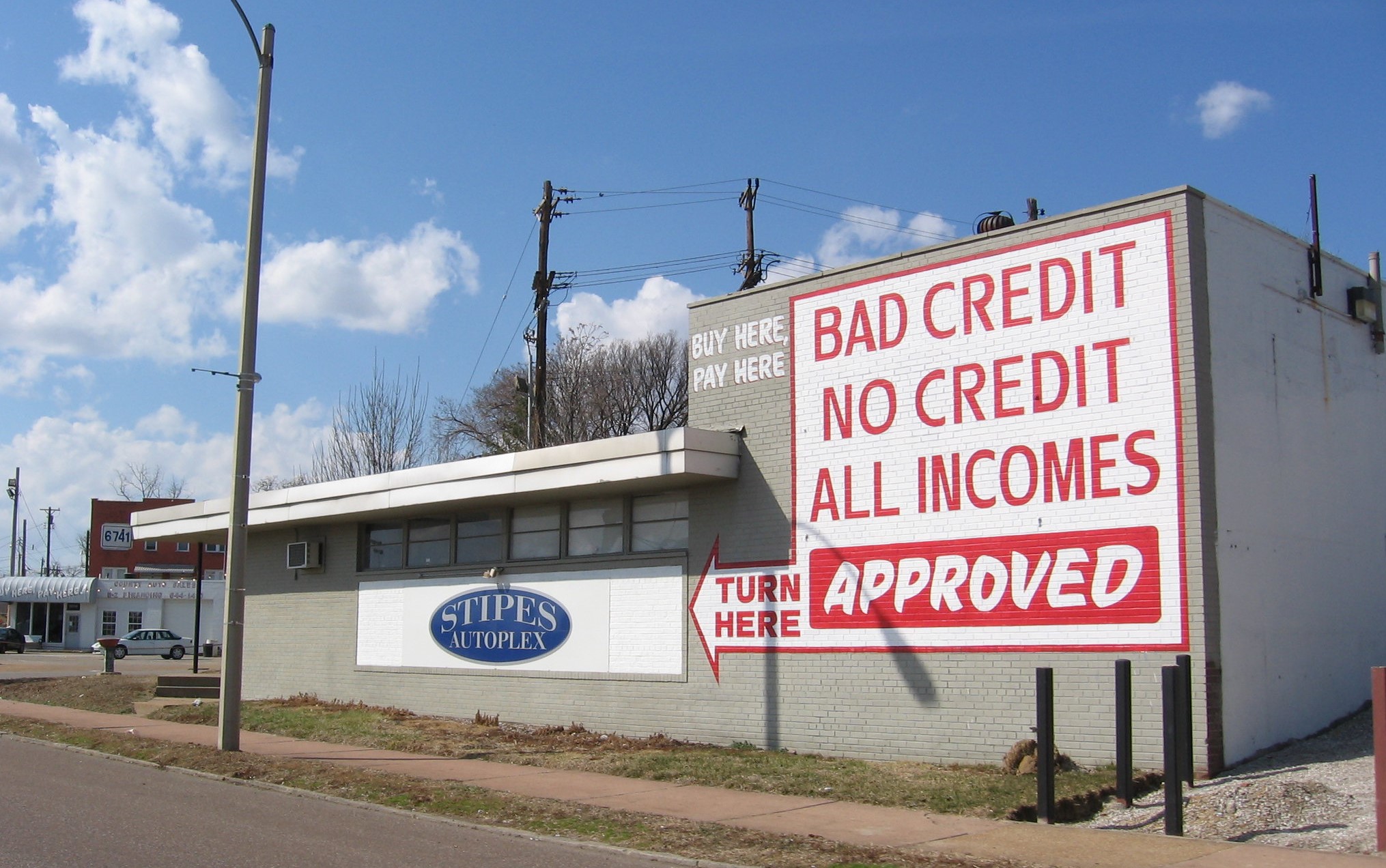- Wall Street is increasingly foisting unsustainable debt onto used car buyers, with more subprime borrowers behind on their loans than any time since 2017. (ProPublica)
- Transportation for America thinks we should be focusing on both electric vehicles and reducing driving overall.
- The United Autoworkers union could go on strike at any time as automakers that are losing money on EVs seek to cut labor costs. (The New Republic)
- Multifamily developments can use onsite car sharing to reduce parking and congestion. (Australian Broadcasting Corp.)
- With bus drivers in short supply and the financial constraints on transit agencies, are driverless buses inevitable? (Human Transit)
- Journalist Brian Potter joined The Ringer's "Plain English" podcast to discuss why it's so expensive to build things in the U.S. these days (spoiler alert: too much red tape and a lack of innovation).
- Many pandemic-era pedestrian zones like those in Indianapolis and Portland, Maine, are here to stay. (National League of Cities)
- After two failed votes on a penny transit tax and joining MARTA, Gwinnett County, Atlanta's most populous suburb, will try again in 2024. (AJC)
- WCNC interviewed Charlotte Mayor Vi Lyles about Vision Zero.
- Lexington, Kentucky, is seeking public input on its complete streets initiative. (WKYT)
- Sidewalks are important not just for getting places, but for building communities. (CNU Public Square)
- Car trips have fallen by more than half in the 24 years since one Spanish city started restricting cars. The results have attracted new residents and stimulated the economy. (Fast Company)
- Seoul is offering unlimited-ride transit passes for the equivalent of $49 a month. (Hankyoreh)
- Some Scotland officials want to use congestion pricing to fund transit. (The Herald)
- As if cyclists weren't in enough danger, now they're being chased by coyotes. (Alberta Prime Times)
Today's Headlines
Friday’s Headlines Are Drowning in Debt
Regulators believe some auto lenders are setting up used-car buyers to fail. Auto debt has reached $1.5 trillion, a 28 percent jump since 2020.
Stay in touch
Sign up for our free newsletter
More from Streetsblog USA
Monday’s Headlines Took the Keys Away
A demographic disaster is coming as a generation of aging suburbanites become either dangerous drivers or trapped in their homes.
Why Anti-Trans Laws Are Terrible For Transportation, Too
A disturbing new Kansas law revokes trans people's driver's licenses. Here's how it will make our communities more dangerous.
Sunbelt Cities Rank Last in National Street Safety Index
Cars and drivers continue to dominate the newest and sunniest cities in the United States.
Mass. ‘Micromobility’ Commission Recommends Improved Classification, Regulation of Motorbikes and Scooters
Among other recommendations, the commission supports expanding bikeshare systems and other micromobility options as a safer, less expensive, and more efficient alternative to driving.
Americans Demand Congress Fund Active Transportation In Next Infrastructure Bill — And Not Just The Bike/Walk Advocates
A "back to basics" surface transportation bill — as Republicans are seeking — would be devastating for road safety and small businesses.
Friday’s Headlines Take a Lot to Laugh, Take a Train to Cry
I ride on a mail train, baby. Can't buy a thrill.






